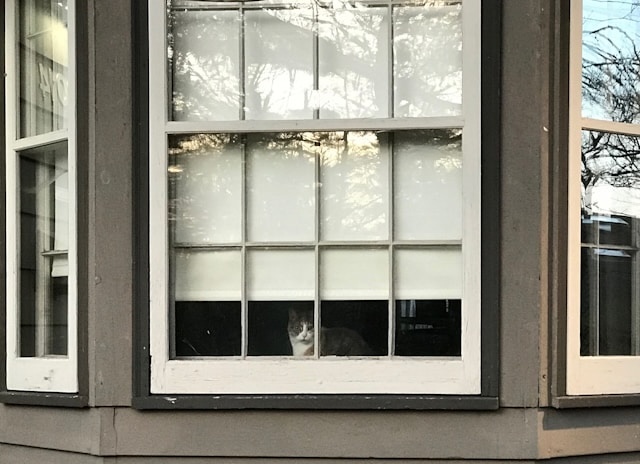Improving Home Security with the Right Windows and Doors
August 11, 2025A secure home starts with strong entry points. While alarms and cameras are important tools for deterring intruders, the first line of defense is often your windows and doors. Weak frames, worn locks, or outdated glass can make it easier for someone to gain access. By choosing the right products and keeping them in good condition, you can significantly improve your home’s security without sacrificing style or comfort.

Why Windows and Doors Matter for Security
Doors and windows are the most common entry points for burglars. A sturdy lock won’t help much if the frame is weak or the glass can be shattered easily. The good news is that modern designs incorporate materials and features that make forced entry much more difficult.
Upgrading your windows and doors isn’t just about preventing break-ins—it’s also about peace of mind. When you know your home’s most vulnerable points are reinforced, you can feel more confident whether you’re home or away.
Security Features to Look for in Exterior Doors
A strong exterior door starts with the right material. Solid wood, fiberglass, and steel doors offer excellent strength and durability. Hollow-core doors, on the other hand, are lightweight and not suitable for exterior use.
Other key door security features include:
- Quality locks – Deadbolts with at least a one-inch throw bolt are essential.
- Reinforced strike plates – Strengthening the point where the lock meets the frame makes it harder to kick in a door.
- Multi-point locking systems – Found on some modern doors, these lock at multiple points along the frame for added strength.
- Security hinges – Hinges with non-removable pins prevent tampering from the outside.
If you have glass panels in your door, consider laminated or reinforced glass that can withstand impacts.
Choosing Secure Windows
Windows can be one of the easiest points of entry if they aren’t properly secured. When selecting new windows, look for:
- Strong frames – Vinyl, fiberglass, or reinforced aluminum frames resist warping and bending.
- Multi-point or keyed locks – More locking points mean more resistance to forced opening.
- Impact-resistant glass – Laminated glass holds together even when shattered, slowing intruders.
- Window opening control devices – These limit how far a window can open, which is helpful for ground-level units.
For sliding windows or patio doors, adding a security bar or rod in the track is an inexpensive way to prevent them from being forced open.
Placement and Visibility
Security isn’t only about the strength of your windows and doors—it’s also about where they’re located and how visible they are. Entrances that are hidden from street view by large shrubs or fences may give intruders more time to work unnoticed.
To improve visibility:
- Keep landscaping trimmed around doors and windows.
- Install motion-sensor lighting near all entry points.
- Use decorative but open fencing that doesn’t fully block the view from the street.
The goal is to eliminate hiding spots and make it clear that your home is monitored and cared for.
Maintenance for Long-Term Security
Even the strongest doors and windows can lose effectiveness if they aren’t maintained. Over time, locks can loosen, hinges can wear, and frames can shift. A seasonal checkup can help you catch small problems before they compromise security.
During maintenance, check for:
- Loose screws or bolts on hinges and locks
- Cracks in frames or glass
- Smooth operation of locks and latches
- Signs of water damage or rot on wooden frames
Replacing worn parts promptly keeps your security measures working as intended.
Integrating with Other Security Measures
While secure windows and doors are a critical part of home safety, they work best when combined with other deterrents. An alarm system, security cameras, and good outdoor lighting create multiple layers of protection.
According to the National Crime Prevention Council, visible security measures can make a home a less attractive target. Even simple steps, like posting security signs or using timers for indoor lights when you’re away, can reduce the likelihood of a break-in.
Working with Professionals
Upgrading or replacing doors and windows is a significant investment, and installation quality plays a big role in overall security. Even the best products can fail if they’re not installed correctly. A professional installer, like the team at Omega Windows and Doors, can ensure that frames are properly anchored, locks are aligned, and all security features function as intended.
Final Thoughts
Home security isn’t just about technology—it’s about building strong, reliable entry points. The right windows and doors provide a physical barrier that slows down intruders and makes your home less appealing as a target. By combining quality materials, proper installation, and regular maintenance, you can protect your home while still enjoying comfort and style.
